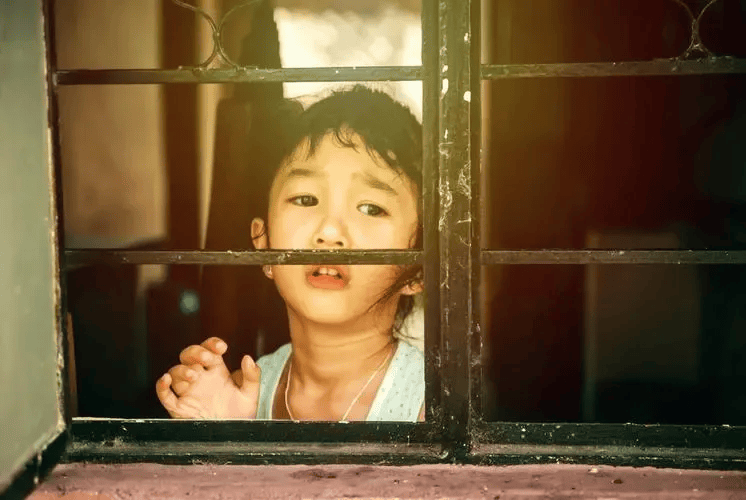01
Children’s depression, like an invisible mountain, presses on their young shoulders. Whether this mountain can be moved often lies in the attitude and actions of parents.
If there are issues in the family, the child is the alarm bell. In a gloomy family, the child’s heart cannot escape shadows.
Depression is quietly invading the minds of many adolescents. Faced with this invisible enemy, some families choose to evade – parental neglect and denial become shackles that children cannot break free from, plunging their minds into deeper darkness.
Due to misunderstandings and biases about depression by some parents, some adolescent patients cannot receive timely treatment. Children living in remote areas, lacking medical resources, fall into despair.
“You are still young, why do you have so many worries?” “Are you working harder than us? Isn’t it just a bit of study pressure?” “Stop saying you have depression all the time, you just don’t want to study!”… These words, like cold arrows, repeatedly pierce the hearts of children.
They try to seek help from parents, only to receive indifference and blame. Many children may choose self-harm as a way to alleviate inner pain.
02
According to reports on the internet, such adolescent patients are not uncommon in psychological outpatient clinics. They try to convey their inner pain and struggles to the outside world in their own ways. Unlike adults, adolescents’ depressive emotions are often more intense and direct, showing more anger and aggression, even venting emotions through self-harm.
Faced with such situations, some parents attribute it to adolescent rebellion or dislike of studying, thus missing the best intervention opportunities.
In the minds of many parents, depression is not a real illness, but just a child’s emotional reaction. They cannot distinguish between depressive emotions and depression, let alone understand the child’s inner pain. It is only when the child protests with extreme behavior that they realize the seriousness of the problem. However, such awareness often comes too late, and some children have already embarked on a path of no return.
03
Why do parents not believe or acknowledge their child’s depression?
Lack of understanding and awareness of depression, unable to accurately judge the child’s symptoms.
Social biases and misunderstandings about mental health issues.
Many parents worry that their child’s problems will affect the family’s reputation and future, so they choose to deny and evade.
Parents’ sense of self-blame and communication barriers.
Facing their child’s depression, parents’ disbelief and denial will only make the child more isolated and helpless. Understanding more about depression, going to a major hospital for an examination when necessary, if the child does have related depressive symptoms, provide them with enough understanding and support, accompany them through tough times.
A child having depression is not necessarily the parents’ fault, but preventing and treating depression is definitely the parents’ responsibility!
(Image source: internet, deletion upon infringement)


